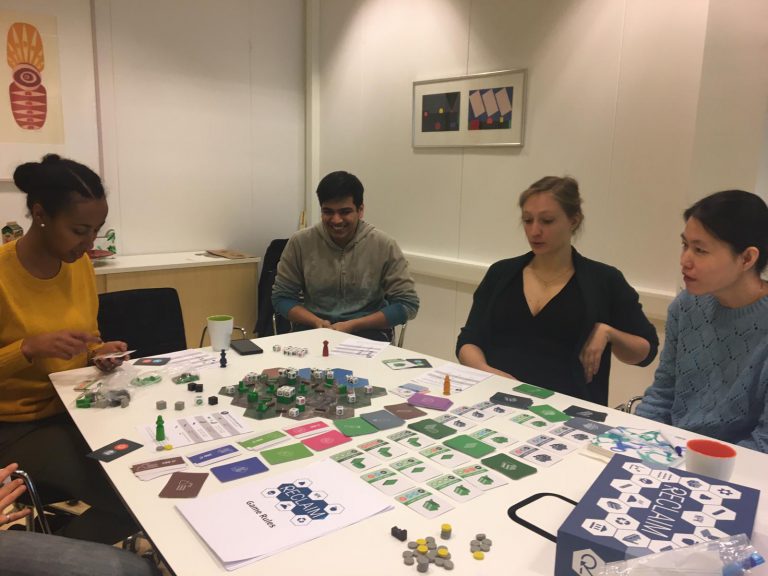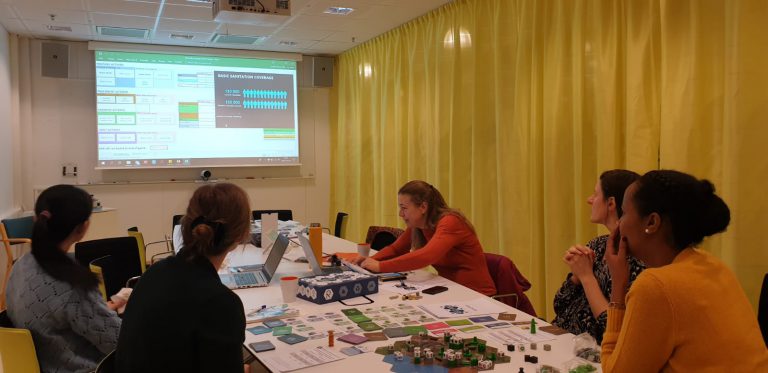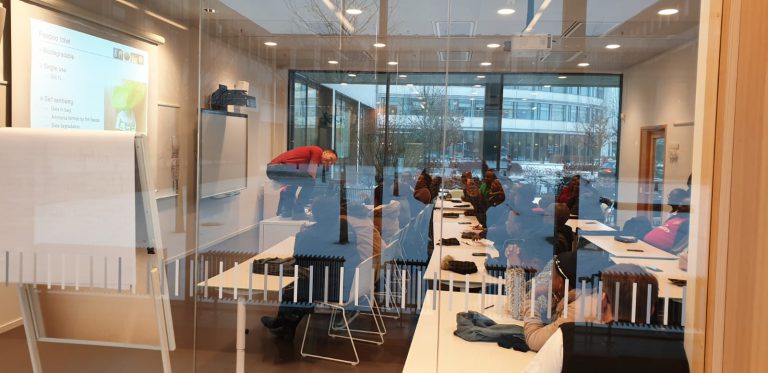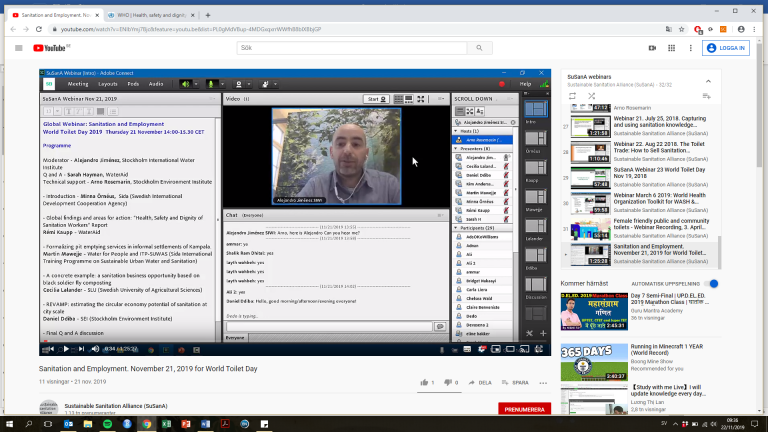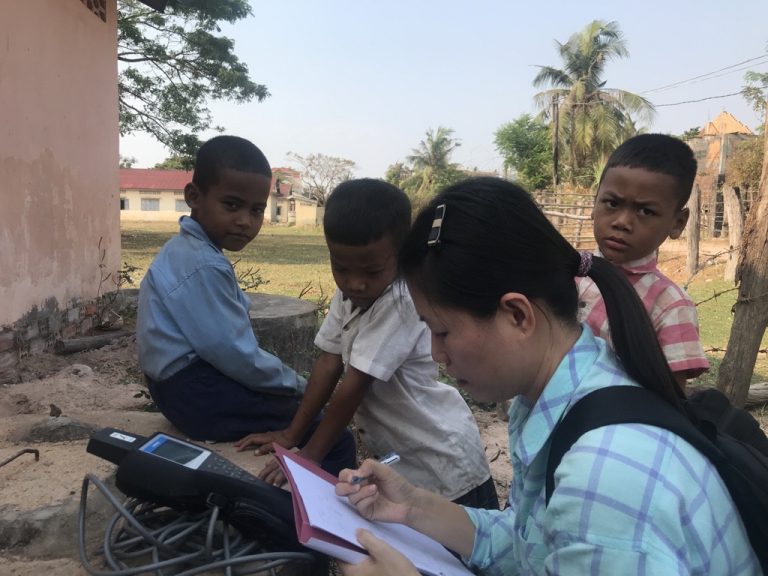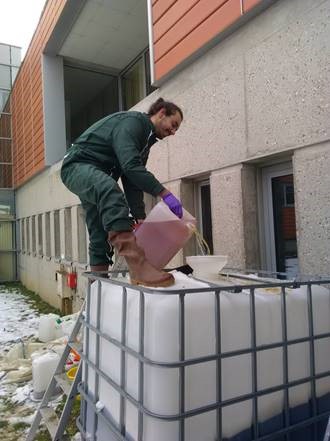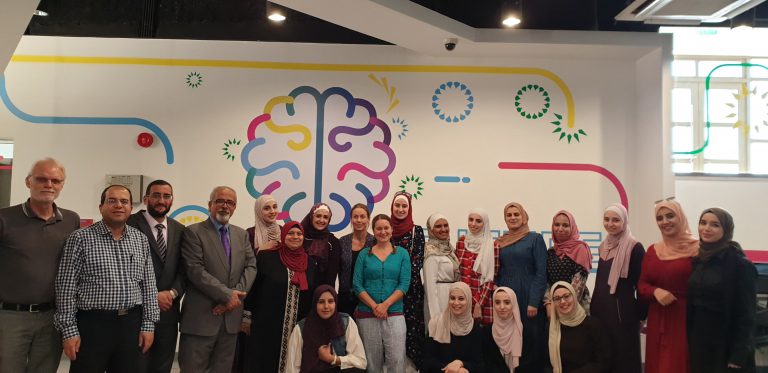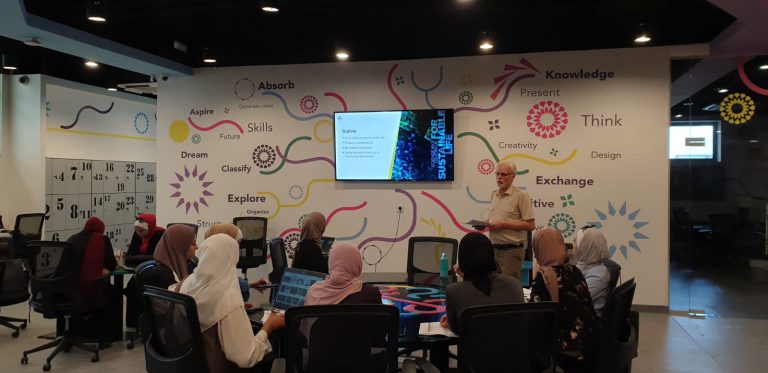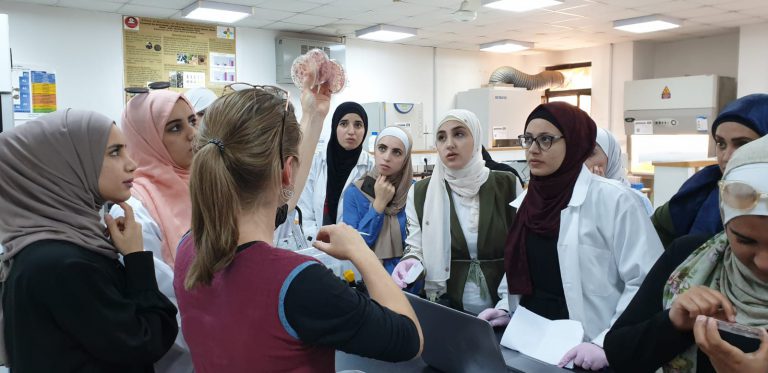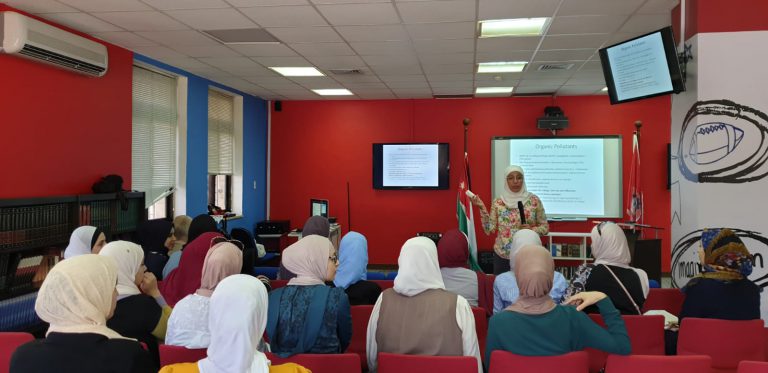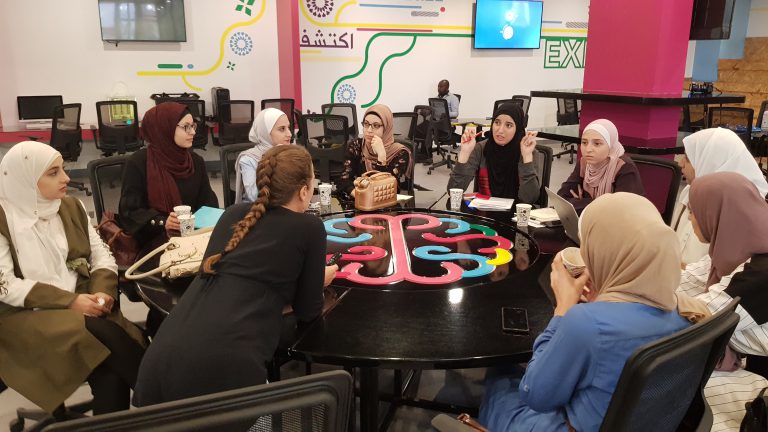Like many low-income countries, Uganda is struggling to provide sanitation to its inhabitants. Meeting the Sustainable Development Goal related to sanitation (SDG6) will require major investments in sanitation. This study uses the concept of service regimes to analyze existing sanitation infrastructure and services and their respective costs. The service regimes investigated are the sewage regime and the fecal sludge (FS) regime. The results show that approximately 56% of the fecal flow in Kampala is estimated as ‘safely managed’. The results also show that the annual per capita costs for the sewage regime (USD 186) are more than 13-fold those for the FS regime (USD 14). Additionally, there are large differences in subsidies between the regimes. When allocating public funds, decision-makers are advised to consider (i) number of customers within regimes, (ii) total capital and operating costs of services, (iii) cost allocation between stakeholders, and (iv) infrastructure performance.
McConville, J. R., Kvarnström, E., Maiteki, J. M., & Niwagaba, C. B. (2019). Infrastructure investments and operating costs for fecal sludge and sewage treatment systems in Kampala, Uganda. Urban Water Journal, 1-10.


